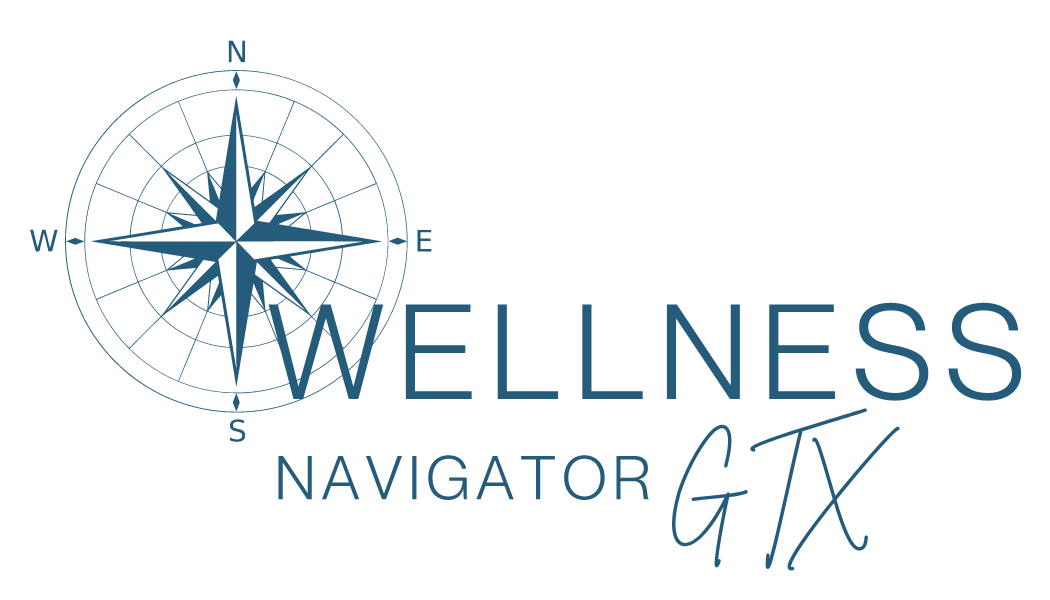The Importance of Hydration:
Quench Your Way to Wellness
Why Staying Hydrated is a Game Changer
Hydration isn't just about quenching your thirst; it's about keeping your body running like a well-oiled machine. Here are some top-notch benefits of staying hydrated:
Boosts Energy Levels: Water is essential for the production of energy in your cells. Dehydration can lead to feelings of tiredness and fatigue.
Improves Brain Function: Even mild dehydration can impair brain function, affecting concentration and alertness.
Promotes Healthy Skin: Hydration helps maintain your skin's elasticity and reduces the appearance of wrinkles.
Supports Digestion: Water aids in digestion and helps prevent constipation.
Regulates Body Temperature: Proper hydration helps your body maintain a stable temperature.
Aids Weight Loss: Sometimes thirst is mistaken for hunger. Staying hydrated can help control your appetite.
How to Up Your Water Game
Not a fan of plain water? No worries! Here are some creative tips to drink more water throughout the day:
Infuse Your Water: Add a burst of flavor with slices of fruits like lemon, lime, or berries. Herbs like mint or basil can also do wonders.
Set a Schedule: Drink a glass of water at key times during the day, such as before meals, after waking up, and before bed.
Use a Water Bottle: Carry a reusable water bottle with you everywhere. It's a constant reminder to hydrate.
Eat Water-Rich Foods: Incorporate foods with high water content into your diet, such as cucumbers, oranges, and watermelon.
Track Your Intake: Use a water tracking app to monitor your daily consumption and set hydration goals.
Signs You're Not Drinking Enough
Dehydration can sneak up on you, but here are some telltale signs to watch out for:
Dry Mouth and Skin: Lack of moisture in your body can lead to dry lips, skin, and mouth.
Headaches: Dehydration can cause frequent headaches or migraines.
Dark Urine: Your urine should be light yellow. Darker urine is a clear sign you need more water.
Fatigue: Persistent tiredness can be a result of not drinking enough water.
Dizziness: Feeling lightheaded or dizzy can indicate low hydration levels.
FAQs About Hydration
Question: How much water should I drink daily?
Answer: The minimum recommendation is about 8 glasses (64 ounces) a day, but this can vary based on individual needs, activity levels, and climate.
Question: Can I drink other beverages instead of water?
Answer: While other beverages can contribute to your fluid intake, water is the best choice. Avoid excessive sugary drinks and caffeine, which can lead to dehydration.
Question: What if I don't like the taste of water?
Answer: Try infusing your water with fruits, vegetables, or herbs to make it more appealing. You can also drink herbal teas or consume water-rich foods.
Question: Is it possible to drink too much water?
Answer: Yes, over-hydration can lead to a condition called hyponatremia, where the balance of electrolytes in your body is disrupted. Listen to your body and drink when you're thirsty.
Staying hydrated is fundamental to your overall health and wellness. From boosting energy levels to improving skin health, the benefits are endless. By incorporating simple habits like drinking infused water and eating water-rich foods, you can easily meet your hydration goals. Remember, your body is about 60% water – so keep sipping and stay refreshed!
Check out these must-have items to help you stay hydrated throughout the day:
For more information on hydration, check out these interesting external links:



